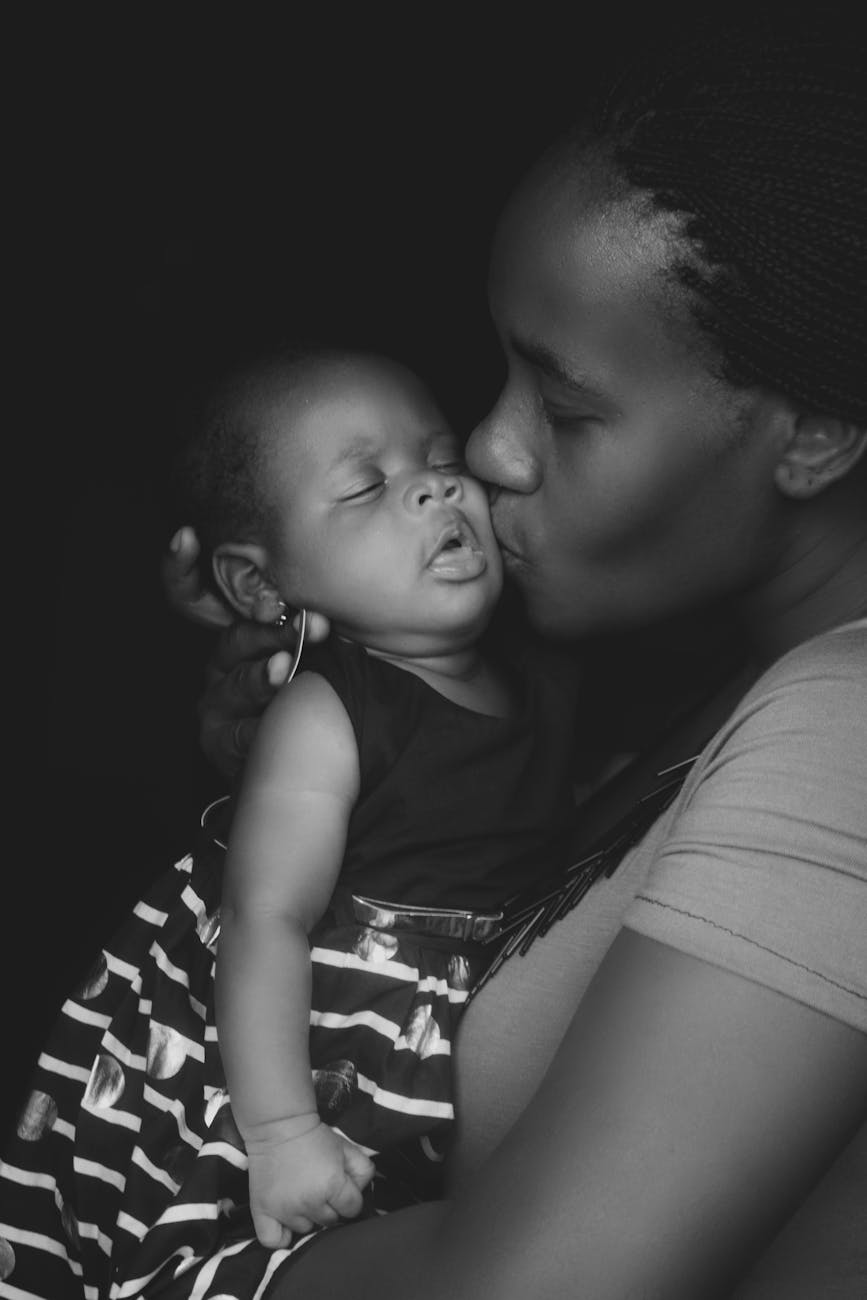When a woman living with HIV becomes pregnant, there is a chance the virus can be passed on to her baby. This is called Mother-to-Child Transmission (MTCT) of HIV. In Uganda, doctors and midwives work very hard to prevent this, and most babies born to mothers living with HIV can now be HIV-free if proper treatment and care are followed.
If you are pregnant and living with HIV, you can get personalised advice and treatment plans through Hope Plus to protect your baby and keep yourself healthy. Early care makes a big difference.
How HIV Can Be Passed to a Baby
HIV can be passed from mother to baby at three main times:
- During pregnancy (15–20%) – the virus can cross the placenta.
- During labour and delivery (60–70%) – this is the most common time for transmission.
- After delivery through breastfeeding (15–20%) – especially if mixed feeding is used.
What Increases the Risk of Transmission
Some factors make HIV transmission more likely:
- High HIV viral load (when the virus is not well controlled)
- Very low immunity (low CD4 count)
- Prolonged labour or rupture of membranes
- Heavy bleeding or invasive procedures during delivery
- Delivering twins (the first baby is at higher risk)
- Premature birth
- Mixed feeding (giving both breastmilk and other foods/liquids early) — this is riskier than exclusive breastfeeding or formula feeding.
How Doctors Test Mothers and Babies
To protect your baby, regular testing is important:
- Pregnant mothers: Routine HIV tests, viral load checks every 6 months.
- Babies: HIV DNA PCR test after birth and follow-up testing as advised.
How HIV Transmission Is Prevented
Uganda follows the Elimination of Mother-to-Child Transmission (eMTCT) strategy. This means:
- Preventing new HIV infections among men, women, and adolescents.
- Preventing unplanned pregnancies among women living with HIV.
- Preventing HIV transmission from mother to child through medicines and safe delivery practices.
- Providing lifelong treatment and support for mothers, their babies, and their families.
Pregnant women with HIV are usually enrolled in special Maternal and Child Health (MCH) clinics where they receive HIV care during pregnancy and after delivery. Mother and baby stay in this clinic until the baby’s HIV status is confirmed negative, then they are moved to the general ART clinic for ongoing care.


